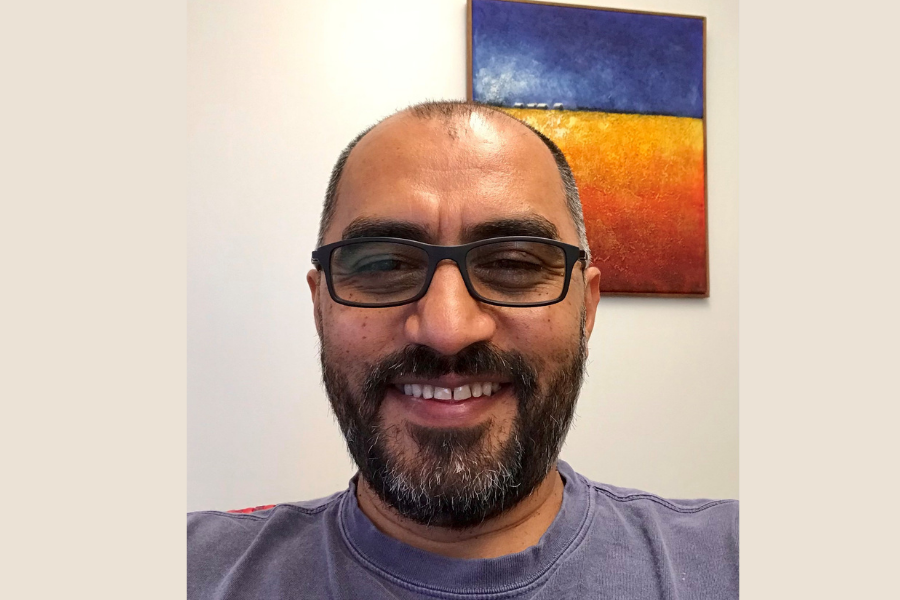
“The world is a small place – there are no borders”, says Dr. Roberto Melano, Assistant Professor in the Department of Laboratory Medicine and Pathology in the Temerty Faculty of Medicine, and scientist at Public Health Ontario (PHO).
In his area of expertise, antimicrobial resistance, this is truly the case. If we have learned anything from the COVID-19 pandemic, it is that pathogens can travel easily.
Melano’s lab studies the adaptability of bacteria to new environments and antimicrobials, focusing on the detection and characterization of resistance mechanisms to different antibiotic families in various pathogens.
Having grown up in Argentina, he brought his experience of working in the national reference laboratory in Buenos Aires to Nova Scotia in 2002. He moved to Toronto in 2006 where he joined LMP and PHO, which houses the largest provincial clinical reference microbiology laboratory in Canada.
Melano’s priority is to ensure the safety and health of Ontarians by focussing on resistant bacterial pathogens, but to do so, he must look beyond the use of antibiotics in humans in Canada. “We have to adopt the ‘one health’ approach to antimicrobial resistance,” he explains, “It is bigger than just the immediate environment we live in – the use of antibiotics in animal production, how hospital wastewater is treated and enters the environment containing residue medications and pathogens – we need to look at the environment holistically, and globally.” We may have, for example, banned the use of certain antibiotics in cattle farming in Canada, but many countries have not. With a population that travels globally, Ontarians will often be exposed to pathogens or antibiotic-resistant strains and unwittingly bring them back to the province.
To aid in a global approach to pathogen control, Melano is involved in the Latin American Network for Antimicrobial Resistance Surveillance (ReLAVRA), established by the Pan American Health Organization (PAHO) and the World Health Organization (WHO).
As part of this network, Melano uses his access to, and expertise in, the latest technologies and tools for analyzing bacteria and other microorganisms to support laboratories in Latin American countries. Pre-COVID, scientists were able to come to PHO for training, and Melano and his colleagues would visit various laboratories to help them implement new technologies, something he hopes will start up again soon. He has helped various laboratories implement pipelines for whole genome sequencing (WGS) analysis, characterize certain pathogens with molecular polymerase chain reaction tests (PCR), and understand bioinformatic structures for analysis.
“One of the good things to come out of the COVID pandemic has been the investment in infrastructure to study pathogens”, says Melano, “A lot of laboratories were finally able to obtain the platforms they needed to sequence the SARS-CoV-2 virus in their regions, a methodology that can then be used to study a wider range of pathogens and aid in public health protection”.
“However, a consequence of COVID-19 in many of these countries is the emergence of a new wave of multidrug resistance”, continues Melano, “We’re seeing an international spike due to an increased use of antibiotics to prevent bacterial infections and comorbidities in patients with COVID-19”.
Always seeking to support and implement new methodologies that improve the detection and identification of resistant bacteria for Ontario, Melano can also use this to support Latin America through the work of ReLAVRA. “When I worked in Argentina, we had to do everything without help, I like that I can now provide support to help the whole region.”
We can only find solutions to antimicrobial resistance and control the spread of pathogens on a global scale – no country can isolate itself from this issue in a world where world-wide travel is so accessible. “Detection is the first step for a treatment of the diseases that pathogens produce. Helping a region to improve their quality of detection means I am indirectly helping all Ontarians.”